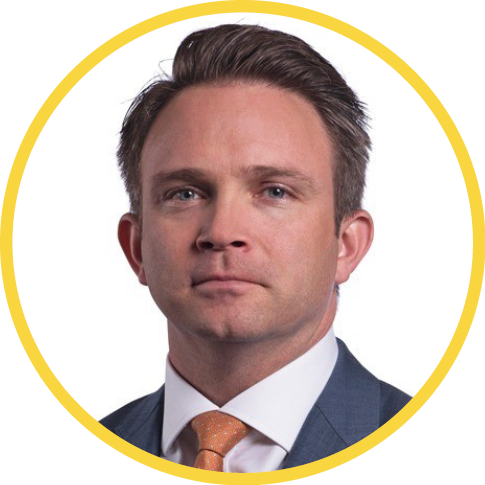Sept. 29, 2020 Edition 61
Associate flu shots now available
| All associates must submit proof of flu vaccination or an approved religious or medical exemption by Sunday, Nov. 15. Receiving a flu shot or submitting an approved exemption is a condition of employment.
Click here for a schedule of associate vaccination opportunities. |
An annual influenza vaccine is the best defense against seasonal flu, keeping you healthy and making a meaningful impact in the lives of those around us. It is our responsibility to the people we serve to help protect the whole health of our communities by preventing the spread of illness – and getting immunized against the seasonal flu is extra important this year as the COVID-19 pandemic continues.
Make sure to get your flu shot by Nov. 15. Associate vaccination opportunities are available now across our system and will continue through the end of October. Flu shots remain a requirement for all health care workers, in accordance with state regulation, regardless of current COVID-19 masking and social distancing measures.
The health and safety of our incredible people remains our top priority, and as the COVID-19 pandemic continues, flu vaccination options may look a little different this year. Each Centura facility will be delivering associate vaccines in the way that makes the most sense for that location, but options may include:
- Roaming vaccination carts that come to you
- Traditional clinics with social distancing and enhanced preventative measures in place
- Vaccination by appointment with your local occupational health nurse
Click here for full details about vaccination opportunities available at Centura facilities.Getting your flu shot somewhere else?If you prefer, you may receive the vaccine from a health care provider or pharmacy of your choice and submit proof of vaccination to your
occupational health representative.Click here for locations where you can receive a vaccine that’s covered at 100% by our Centura Health Medical Plan, and be sure to ask your provider for a printed record of your vaccination that includes:
- your name
- the date you received your vaccine
- the manufacturer, lot number and expiration date of the vaccination
Be sure your family members and dependents get vaccinated too! The seasonal flu vaccine is most effective in preventing the spread of disease when the majority of people in our communities receive it. Influenza vaccinations are considered preventive under our Centura Health Medical Plan and are covered at 100%. Your covered family members and dependents can visit
any of these locations nationwide to receive their vaccine at no out of pocket cost.
Many other health insurance plans also consider the vaccine preventive; contact your carrier for coverage details.
Please note: You should be sure to give your provider your medical card for processing the claim. You may also be required to manually submit the claim to United if your provider will not submit it on your behalf. ExemptionsNew and temporary medical exemptions must be submitted annually to Occupational Health. If you are requesting a
medical exemption, you should schedule an appointment with a health care provider well in advance of the submission due date. If your exemption was marked permanent by your provider last year, your provider does not need to resign the form – only an associate signature is required annually. New and temporary exemptions need both a provider and associate signature every year.
If you have a sincerely-held religious belief which conflicts with influenza vaccination, you may complete a
formal request for religious accommodation. Religious exemptions must be submitted annually to Human Resources at
peopleresourcecenter@centura.org. It is important to allow sufficient administrative review time; therefore, we encourage you to submit a request for religious exemption as soon as possible. Contact the People Resource Center at -888-622-1111 or by emailing
peopleresourcecenter@centura.org for more information or assistance.
Questions?Click here to view Centura Health’ Influenza Vaccination Policy. Additional flu information can be found on our
respiratory flu information site. You may also contact your supervisor or
occupational health nurse. 


